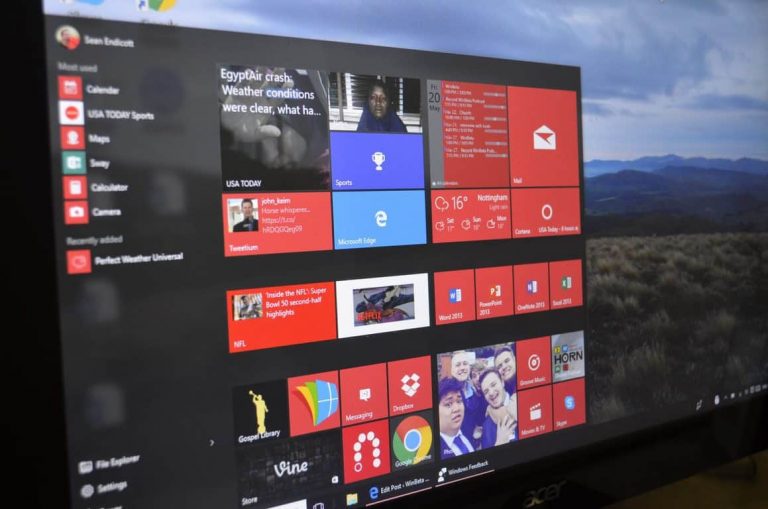Microsoft has been accused of injecting ads and sponsored apps into Windows for quite a while and now they’re taking more direct steps to prevent users disabling them through Group Policies. Several Group Policies will be deactivated with the Anniversary Update, making it harder for IT-pros and system admins to prevent unwanted content.
When the Anniversary Update rolls out to current November Update users, there will no longer be a way to block the obnoxious ads that automatically pin themselves to your PCs start menu when you start it for the first time. In a network with all PCs connected to each other, there is a universal Group Policy that applies to every PC on the network, which means adding a new machine to the family will automatically adjust it; such as disabling the ads and sponsored apps on all new PCs, however, this change will prevent that. By disabling the Policies that take care of the advertising, system admins will have to manually remove the ads from every new PC they get.
This change doesn’t only apply to the start menu. As reported by InfoWorld, the lock screen can only be disabled on certain editions of Windows 10 from August 2nd: Enterprise, Education, and Server SKUs. This seems like an unrelated thing with no context, but Microsoft is actually, quietly, pushing ads to the lock screen too. With things like Tomb Raider and Cortana popping up there occasionally, this may be something users could want to disable but can’t anymore.
We will see how users of Windows 10 react to these changes once the Anniversary Update rolls out on August 2nd.


